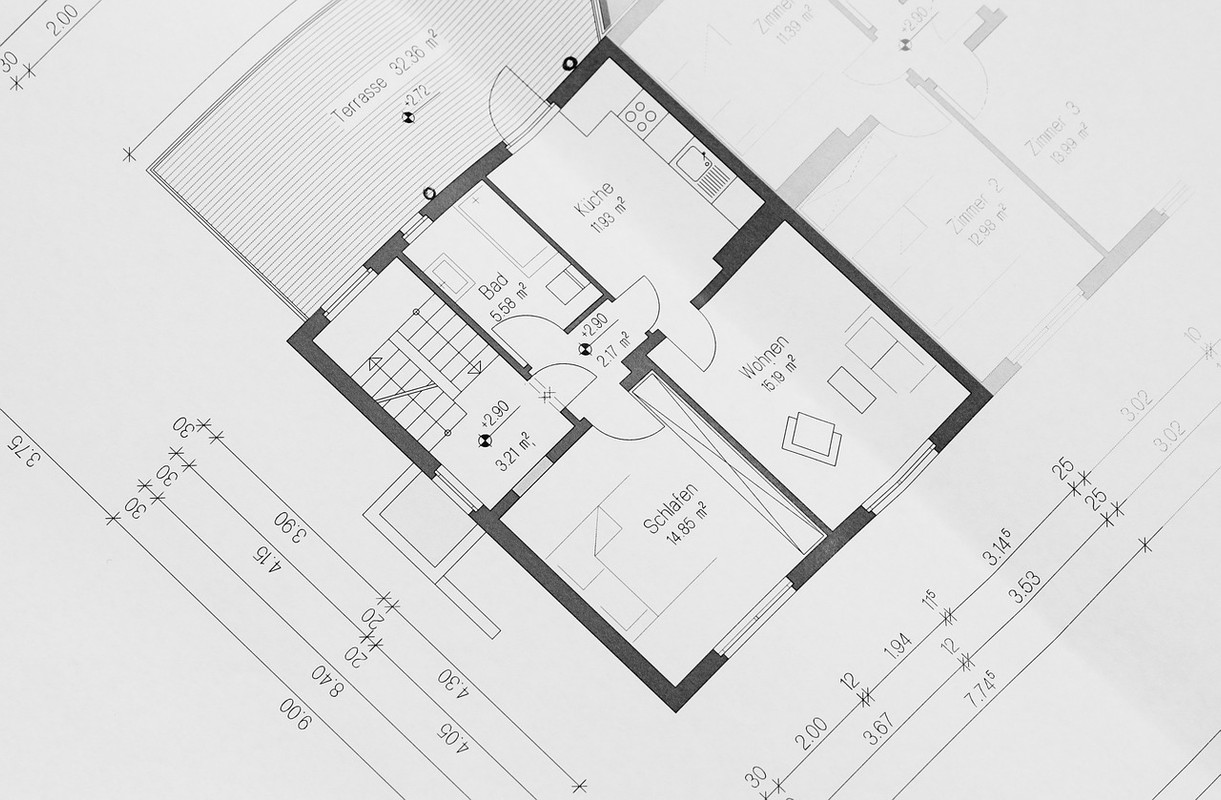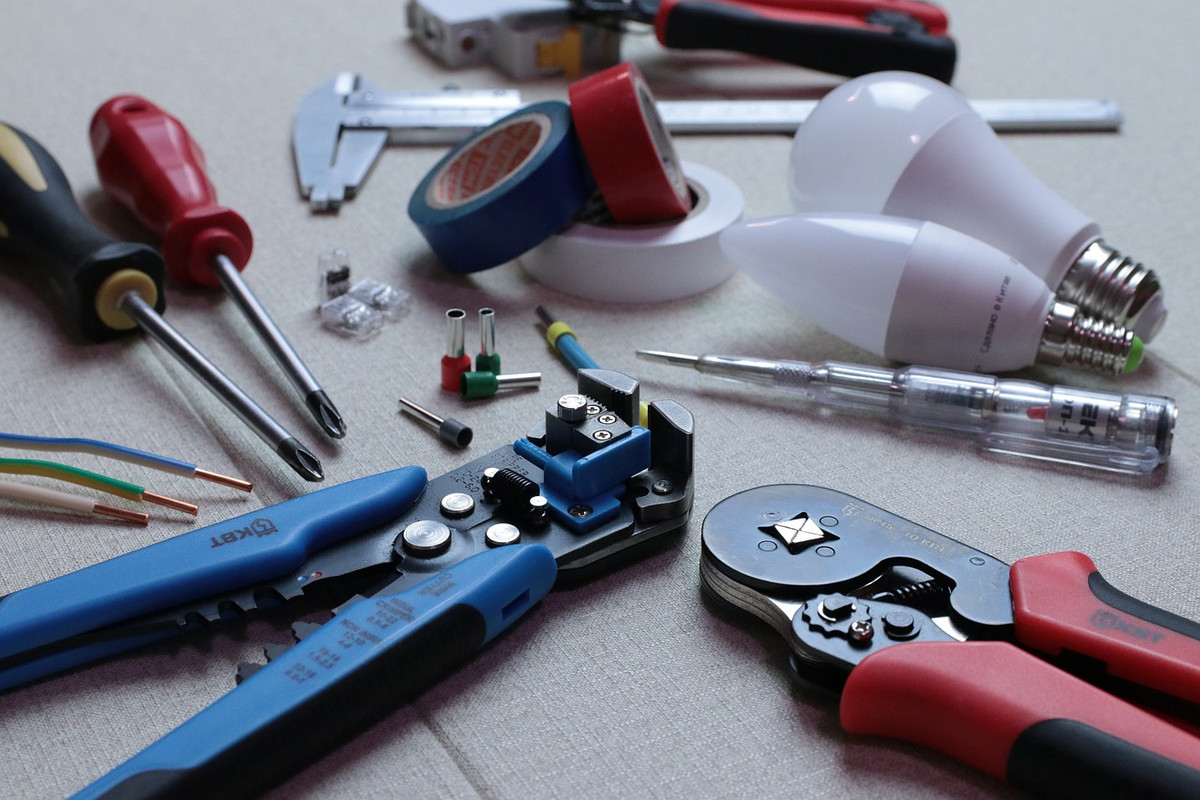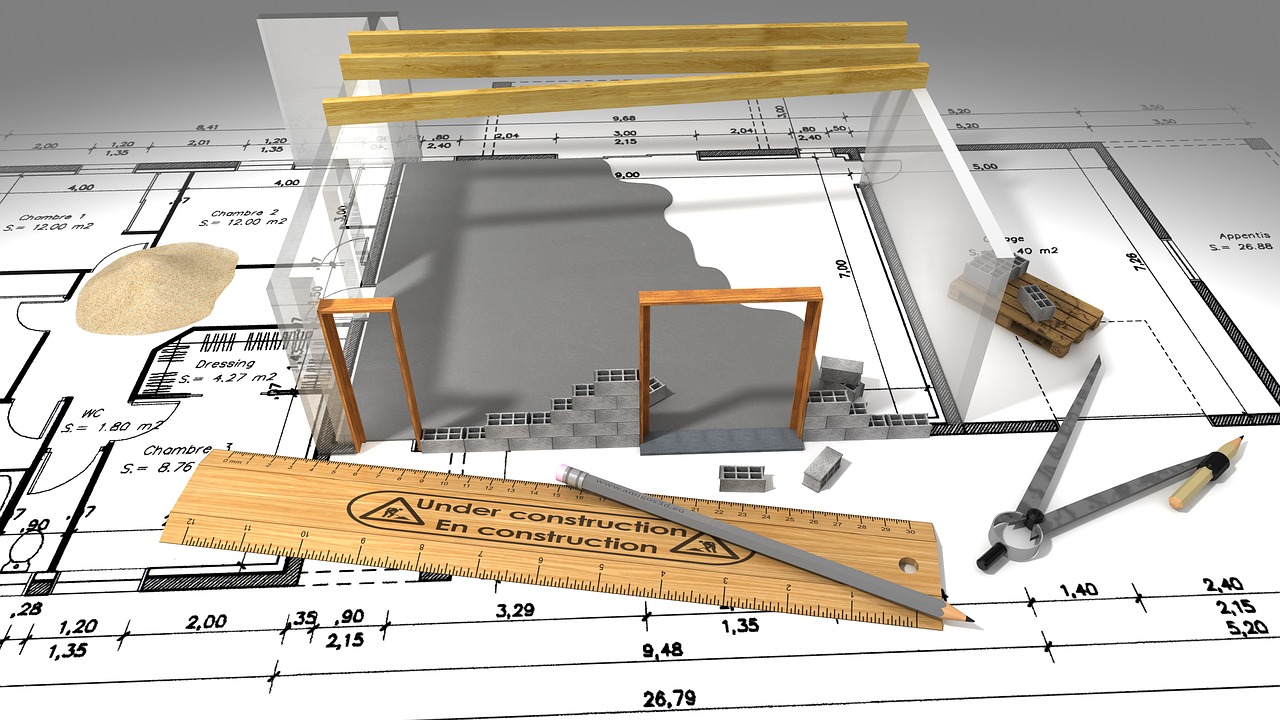Renovating your home can be intimidating! Whether you are renovating your home to improve its condition or to make it safer, it requires thorough planning and careful execution. Renovating your home is akin to any business plan and the key is to plan the entire process effectively. Whether you are taking up this whole task to yourself or hiring a contractor to do it for you, you should take several factors into account. In this article, we bring you a complete checklist to efficiently and economically renovate your home. Let’s get started:
1. Finalize Your Requirement

The first and foremost step in going about renovating your home is to know your requirement. You must sit and right down your expectations clearly unless you want to shoot in the dark and get lost midway. It makes sense to differentiate between your needs and your wants so write them separately. This helps in making up your mind when faced with tough choices. Try to look at the bigger picture and note down possible future requirements for a couple of years.
2. Set A Budget

Before you contact any outside agency, you must have an idea about the ballpark estimate of your renovation. If you are naïve about the cost of construction and materials to be used for your renovation, search online to get a rough estimate. Make sure you include the material and labour costs appropriately while arriving at your estimate. Once you have arrived at a figure, it is important that you strictly stick to it. Since the construction business is a volatile one, the cost of labour or materials might shoot up so it is advisable to keep a safety margin of 20 – 25% in your budget.
3. Look For The Right Partner

A right contractor will be the key for timely and effectively completion of your renovation. You may go online and read reviews to get an unbiased opinion on the credibility and experience of different contractors operating in your area. Friends, relatives or work colleagues having first-hand experience with a particular contractor can be another great source to get the best advice.
Any construction company is suitable for minor to mid-size renovations but you have to follow a different approach if you are planning a mega project. If your budget is over 300k for the renovation, find an architect specialising in renovations to help you, as they will save you a lot of time, money and frustration compared to trying to manage the project yourself.
4. Understand The Contract

You might deem the renovation contract as an inconsequential piece of paper! Well, if things go as per plan, the contract papers would never come to picture. But things seldom go as per plan and in such cases, the renovation contract provides you legal protection from dodgy contractors. Make sure that the contract has sufficient clauses to settle disputes in future and has sufficient penalty for the contractor if he fails to provide proper service in timely fashion.
5. Discuss The Finer Details

Once you have finalized the contractor, discuss your requirement with the team. It is crucial to clearly tell your expectations from the renovation. Based on your initial discussions, the designer prepares rough sketches of the designs. The rough sketches tell you whether the contractor’s team is on the same page as yours. The final design will be prepared after several discussions and refinements. This is a detailed drawing illustrating the dimensions, materials, finishes etc. Make sure that it includes everything you wish to change in your home as the final approved design is the working document for the architects and labourers.
6. Consider Efficient Practices

As a responsible citizen of the world, consider using environment-friendly construction materials and practices. Make sure that the paints and other finishing materials have low level of toxins for health and comfort of your loved ones. Ask about energy efficient appliances, fixtures and materials to get reduced electrical and medical bills. Additionally, improved building techniques result in reduced repair and maintenance costs. Following the basic environment-sensitive practices may cost you additional 2 to 5 % but can result in average operational savings of up to 20 percentages of the total construction cost.
7. How Will You Finance it?

Now that you have everything planned out, you must consider the source of income to fund the renovation of your home. Check your bank balances, deposits etc. to know the cash you can manage. This is the most preferred and practical source to cover the renovation costs and as many as 85 percentages of homeowners opt for these. However, if your funds are insufficient you might want to apply for renovation loans. You might avoid loans by considering only absolute necessities for renovation and cutting down the cost. Remember that you have to pay interest charges on loans which can dent your finances in future.
8. Follow A Bottom-Up Approach

Cover the basics first as it makes a little sense to get the interior done when flooring work is still pending. A practical approach would be to assure that major exterior works like fixing the roof, plumbing, flooring jobs etc. are taken first. This should be followed by electrical wiring, masonry and carpentry works inside your home. The interior designing works and decorations should be scheduled at the last leg of the renovation.
9. Keep A Vigilant Eye

If you are renovating a section of your home, select a room that will be undisturbed by all the buzzing activities of renovation. If the renovation is going to affect the entire home, you have to find another room for a few weeks. Whether you are at home or away, visit the site frequently to take a stock of the activities yourself. This keeps a check on the contractor to use quality materials and follow safe practices. Additionally, you can notice the problems and get them rectified at the initial stage itself which saves renovation time substantially.
10. Be Considerate

Understand that the workers and the contractors are people too. It is natural to have differences in opinion as the work progresses and it is totally logical for you to occasionally lose your temper. If you are mad over something trivial, apologize. The construction crew have probably experienced it before and they will totally get it. But remember they too can have bad days, sick family or important personal occasions. A courteous appreciation of the work well done and a little bit of consideration will go a long way in keeping the entire process stress-free for everyone.
Wrapping it up!
Renovating you home seems like a mammoth task in the beginning but once you dive in with the right professional expertise, you will enjoy the entire process. Make sure you follow the following tips to avoid any bad experience in your project:
- Never agree to pay more than 25% in advance to the contractor.
- Always keep a proper documentation. This becomes even more important when you are applying a renovation loan.
- Make sure soil conditions at the site allow house extension.
- Always keep 15-20% extra cash for small problems that might occur in near future.
- Ensure that quality materials and best practices are used by the contactor.
- Be aware of the permits that might be required by the local authorities and obtain them well in advance.
While renovating your home you should always hope for the best but at the same time be prepared for worst. Make sure you are aware of your rights and liabilities in case of a dispute or injury. While it is important that you have your way when you know you are right, be open to compromise over trivial things. There is nothing like a perfect renovation but if you manage to get a good job without much stress or trouble, it’s quite a feat in itself.
We hope that this article helps you in renovating your home in a timely fashion without much stress. If we missed out on any crucial aspect of home renovation or if you want to know more about the considerations mentioned in this article, feel free to write us back in comments.
Thank you for taking time to read this article!


Leave a Reply
You must be logged in to post a comment.